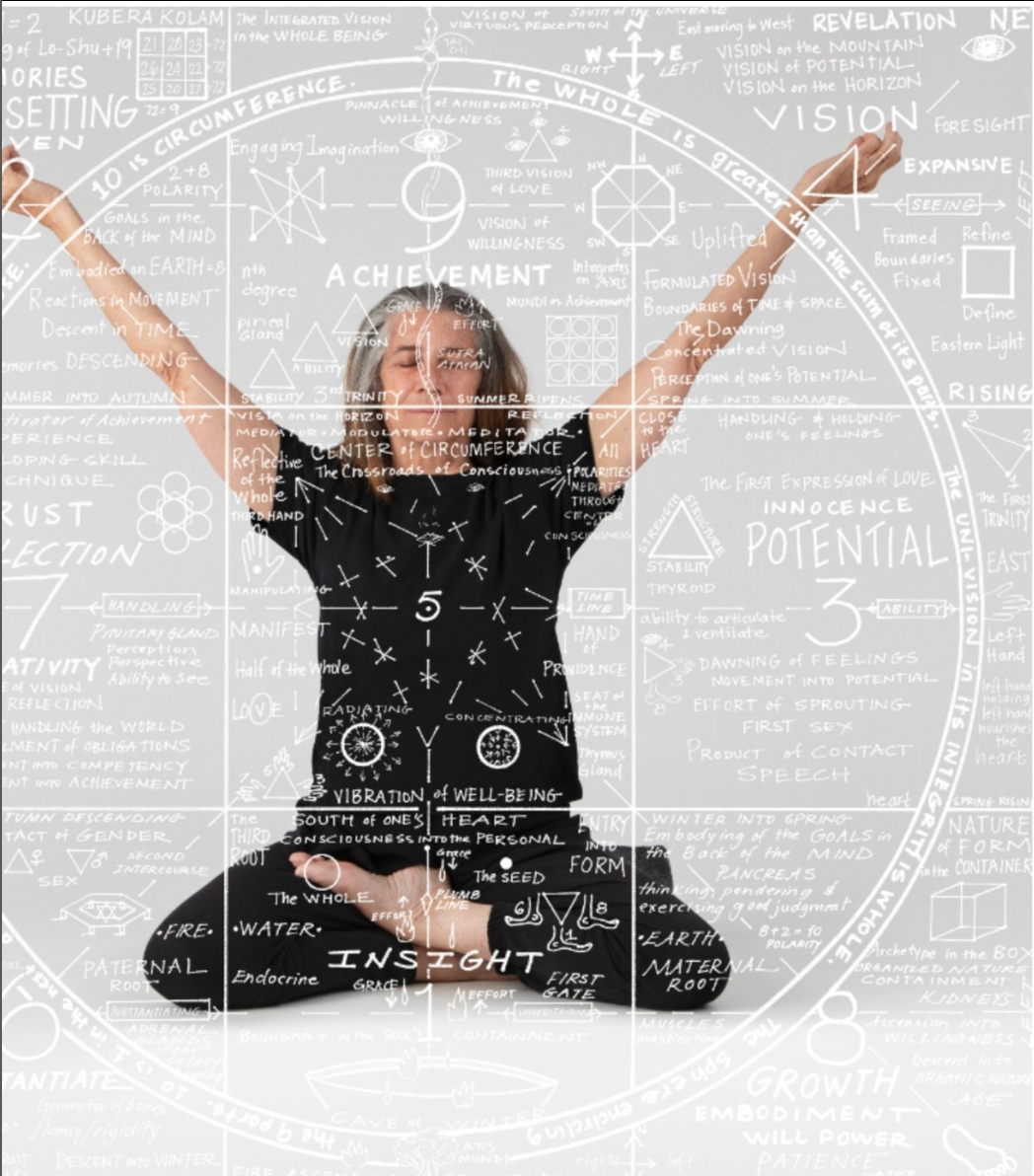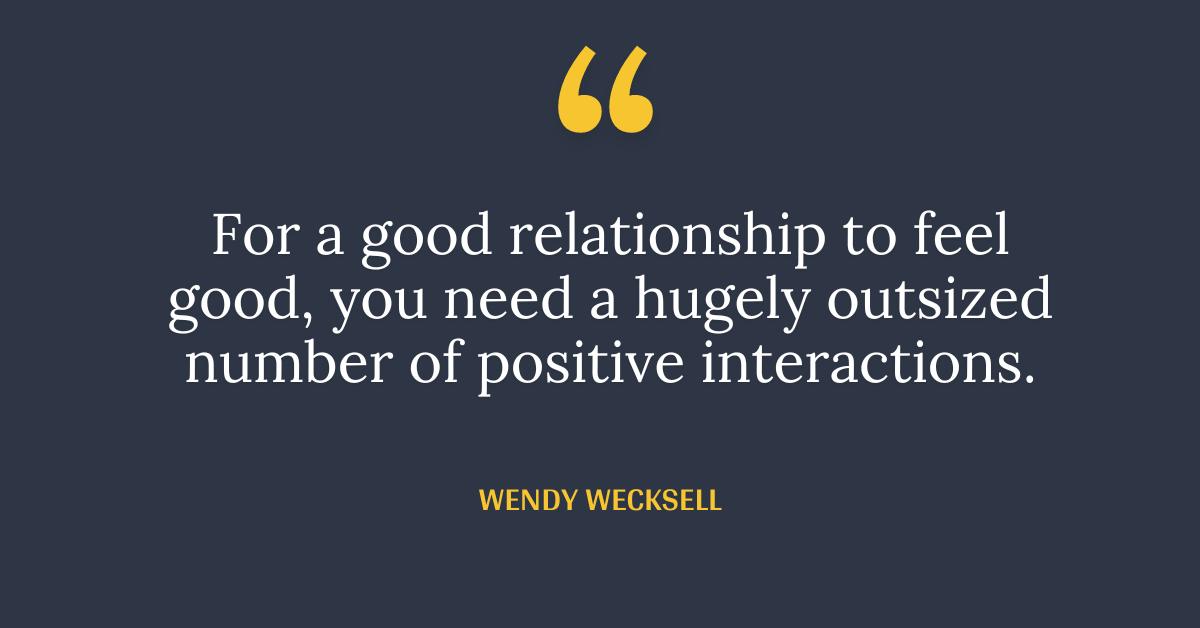EQ of Wealth
The 3 Core Tenents of Wealth EQ
The emotional — family dynamics, complex relationships, or straight-up fear — is what prevents individuals and families from taking action around giving, fundraising, or investing.
The reason why the EQ of Wealth is able to unlock a huge amount of resources? Because this coaching prioritizes the emotional.
If humans were logical, no one would be an artist or entrepreneur, we would always ask out the person we have a crush on, everyone would go to the gym everyday, and start investing at 10 years-old because of magical compounding…but alas that’s not the case.
Wealth and family are emotional.
Put wealth + family together in a conversation and what do you get? If you don’t have the right tools, you get a serious stress response. Your fight, fly, or freeze. Push back, leave or shut down and silence yourself.
Sound familiar?
We have very strong emotional connections and memories separately around money and family. Separately these things can really jar our nervous system individually — but when combined, the stress can be exponential.
This exponential stress response is why the very lessons I teach when it comes to the emotional intelligence of wealth (AKA the EQ of Wealth) are about managing that stress response.
First, it’s Physical.
In the EQ of Wealth world — all conversations are complex. For the most positive outcome, whenever you’re talking about money + wealth, you must be in a calm state. Not a stressful one.
When we are in stress response, the oxygen rushes to our calves and heart because in our hunter gatherer days, we had to literally RUN from a predator.When we are in stress response, the oxygen does not rush to our brains. This is why, when you feel stressed in a conversation, any situation can easily become an argument. We literally aren’t making logical decisions and can get stuck in old and painful patterns with loved ones.
Shift into a calm state, AKA “rest and digest” or “parasympathetic response,” and oxygen efficiently goes to our brains. This is the state you want to be when you’re “digesting” complicated ideas or situations.
With this shift to parasympathetic, you’ll have the best and most connected conversations of your life.
So much of my nervous system regulation comes from my super nerdy style of yoga called Katonah Yoga ©. Above is the founder Nevine Michaan.
Then, it’s Emotional.
69% of issues in relationships are perpetual, which means they’ll be with you for life. If you think you can solve a recurring problem, you’re setting yourself up for disappointment. It’s not about solving anything, but leaning into understanding.
The emotional component of EQ of wealth training digs into the science of relationships that informs this type of approach. Yes, there is a science to it, thanks to the Gottman Institute and its 40+ years of research on what makes relationships last!
We know from Gottman research that great relationships have a 20: 1 ratio of positive to negative interactions when not in conflict, and a 5:1 ratio of negative interactions during conflict. We also know from research that toxic relationships have a 1:1 ratio of positive to negative interactions. The training behind the emotional component of the EQ of wealth teaches you how to use this research.
It starts with the science behind negativity bias.
Negativity bias = as humans, we experience negative interactions SO MUCH more intensely than positive ones.
What do interactions look like?
A positive interaction is a small gesture that leans towards connection; something like a head nod, a hand on someone’s shoulder, or saying “I get that”.
A negative interaction is a small gesture that leans away or against connection; it could be ignoring/not responding to the other person, an eye roll, or criticizing the other person.
So how do you “create” great relationships? You can’t have 1:1 positive to negative interactions, there must be a huge amount of positive interactions to “win” over the weight of so few negative interactions.
In order for any relationship to feel good, we need to build up a series (or dare I say, a savings account) of positive interactions to build trust over the long haul.
How do we start actually building that savings account of positive interactions?
It’s time to apply the science.
It’s time for the habitual component to the EQ of wealth.
The Source of the Science
My training and teaching comes directly from Drs. John and Julie Gottman’s research-based approach to relationships. They are the founders of The Gottman Institute and have studied the science of trust for decades. We should be grateful to be living in a time where their work exists.
P.S. They’re cozy in this photo because they’re also happily married. :)
Finally, it’s Habitual.
This how we create the positive systems in your life that compound to build a meaningful life and legacy.
Now that you can calm your nervous system and intentionally build up positive experiences with people, it’s time to create systems — we like to elevate a system to a ritual — that use your time and environment to your advantage for the purpose of improving trust within your relationships so you can be more effective in getting important work done. When habits become rituals, things get exciting.
At WxL Partners, we structure our rituals around our important work, driving dollars towards impact — for-profit, non-profit, public policy, arts or otherwise. Here are some rituals that set us up for effectiveness in that work:
Meditation first thing in the morning
Intentional time set aside (or even weekly meetings) for complex conversations
Active re-integration of something you love back into your life in the smallest of doses (eg. dancing, music, writing, etc.)
Breath practice
Family dinner/movie night/adventure day
Reading before bed
It sounds simple, but anyone who’s tried to master a simple habit will tell you — simple does not mean easy. This habit work is hard work. System work. Ritual work. It’s the culmination of the EQ of Wealth. It’s creating the playbook and the infrastructure in your life to make joyful connections, and strong, powerful family relationships part of everyday life for you, your family, and those who come after you.
Recommended Read
If you’re curious how rituals lead to deeper social connection and a more resilient nervous system, this is a great book for you!
The EQ of wealth is preparation to do hard things and come out better and stronger – as an individual and a family unit. It gives the people who want to make a real impact on the future a full picture look at what makes relationships thrive in the most complex circumstances — all so that those with the largest opportunity and resources to create a vast legacy have the rarified tools to do so. And I’ve seen them do so with this training — effectively, and joyfully.






